|
Takeaways:
This article covers:
The Importance of Habits You set a morning alarm. Your digital calendar reminds you when important dates draw close. When you run the hot water, a boiler kicks into gear. So much of our lives and environment are automated. So why should learning be any different? An astonishing fact: almost half of our day-to-day behaviours are not deliberate. They are the product of habits. John Danaher is one of the most distinguished grappling trainers of all time. He has coached such legends as UFC world champion Georges St. Pierre, Gordon Ryan, and Garry Tonon.
Moreover, his contributions to the sport of jiu jitsu are legendary. Danaher's innovative leg lock system has fundamentally altered the way athletes train, and has contributed to a massive shift in competitive practice. Given these accolades, it may come as a surprise that Danaher himself has never competed. After living with severe knee problems and enduring multiple surgeries, he recognized early on that he would never be able to compete at a world-class calibre. What he could do, as a former philosophy PhD student, was to use his mind and superior thinking skills to develop cutting edge strategies and tools to offer his pupils. More than just components in a philosophy of martial arts, these strategies can be repurposed to suit almost any skill, and can accelerate your own personal journey towards expertise. Here are five mental models that Danaher uses to propel his disciples to mastery.
Salman Khan is a true pioneer of online education. The Khan Academy videos he started making in 2005 have been viewed over 1.8 billion times, and his work has helped to accelerate the learning of more than 100 million people. His creative approach to distance education—removing long-winded lectures from the equation and focusing on mastery learning—has revolutionized the way people acquire new knowledge and skills.
How does Sal Khan generate his creative insights while maintaining a feverish pace of productivity? What approach has helped Khan to redesign education from first principles, while larger institutions have struggled to adapt?
Note: this post is a long one, and lists over 120 books. I included an index below to help navigate it.
Reading List Index:
Here's a mini-infographic with 6 super-effective learning methods that can help you learn better. I first wrote about the mnemonic in my summary of Make it Stick: The Science of Successful Learning. It's a super helpful way to commit these methods to memory. When in doubt, just think of RIVERS:
Do you know a teacher or learner who would benefit from these science-backed learning techniques? Click below to share:
With the right approach, you can transform setbacks and failures into opportunities.
It used to be that having a single area of expertise was enough to succeed. This is no longer the case, due to rapid growth in technology and new media. Now, people with multiple competencies are outperforming their single-skilled peers. Fortunately, there are unprecedented opportunities to develop new skills, master complex concepts, and improve at an array of fun and fulfilling hobbies. Accessibility is no longer the limiting factor. What you do need is time, attention, and the right learning mindset. The Mindshift online course by Barbara Oakley and Terry Sejnowski provides a framework that takes up where Learning How to Learn leaves off. It walks you through new learning strategies, how to change yourself through learning, and even what goes into making a high-quality online course. There is also the Mindshift book, which offer complementary stories and insights that don't appear in the course videos. Here's an infographic (like this one from Learning How to Learn) that captures ten essential concepts from the course: Keep reading below to find my detailed notes from the course.
Have you ever read through a book, only to discover that you can’t remember more than a few main points?
The problem isn’t you. The problem is your reading methods. Many people learn the basics of reading in grade school, and add a few more tricks, like underlining and rereading, in high school. And then they stop developing their reading abilities altogether. They don’t learn time-tested methods and strategies for becoming better readers. These methods can help you remember more, build deeper understanding, and synthesize knowledge. This article outlines a system, which I call the Upgraded Reading and Learning (URL) Strategy, that will level up your reading skills.
Learning how to learn is a crucial skill for the 21st century. It's also a skill that few people fully understand.
It can make you flexible, adaptable, and future-proof your career. Beyond that, learning how to learn infuses life with more potential and excitement. Imagine being able to acquire a new language, take up a new sport, or learn to play an instrument in less time, by using the most effective, research-backed methods available. Learning How to Learn, The Massive Online Open Course (MOOC) led by professors Barbara Oakley and Dr. Terrence Sejnowski, lays out these methods and strategies in plain language. While the course itself typically takes four weeks, I was able to complete it in just a few days, using some of the methods I picked up from reading Scott Young's book Ultralearning. You can too. Because teaching and creating are such powerful learning tools, I distilled the main concepts of the course into a handy infographic. While it doesn't include everything from the MOOC, it does offer a basic primer on the course content. Hopefully, it gives you a framework to improve your own learning, and gives me something to look back at so that I don't forget too much! Here it is:
If you want a more in-depth perspective for improving your learning skills, or if you want to overlearn the concepts above, keep reading to see my detailed notes on the course.
In his adolescence, Benjamin Franklin was acutely aware of his poor writing ability, and wanted to do something about it. And so, he gathered up copies of his favourite periodical, The Spectator, and began reproducing parts of it from memory, along with scraps of notes that he had taken.
By engaging in this method, Franklin had unwittingly stumbled upon one of the most effective practice strategies ever conceived. It can be applied to any craft, and generates remarkable results. Combined with computers and basic word processing software, you can use this strategy to dramatically improve your writing skills, and accurately document your progress. Like a football player watching game tape or a chess master reviewing an endgame, Ben Franklin's technique allows you to see where your writing falls short through immediate feedback, and provides you with more elaborate mental representations of good writing that you can then use to write better sentences, emails, essays, and books. Let's explore the method, updated to incorporate modern technology, that will unlock your latent power as a writer. |
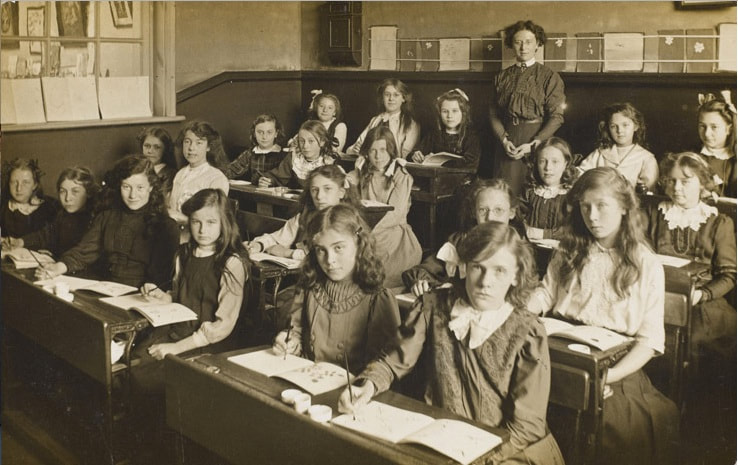

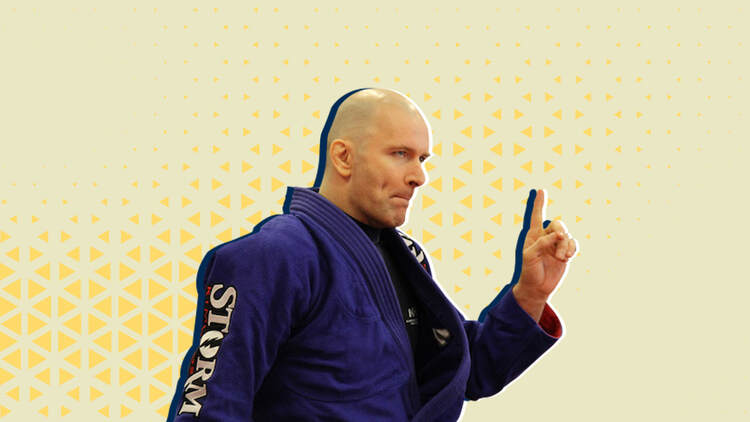
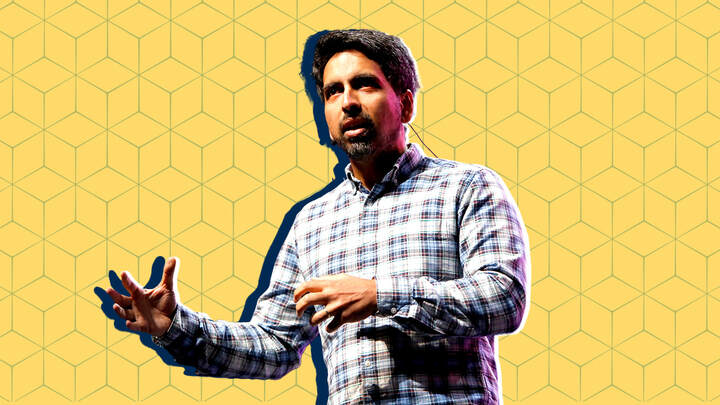
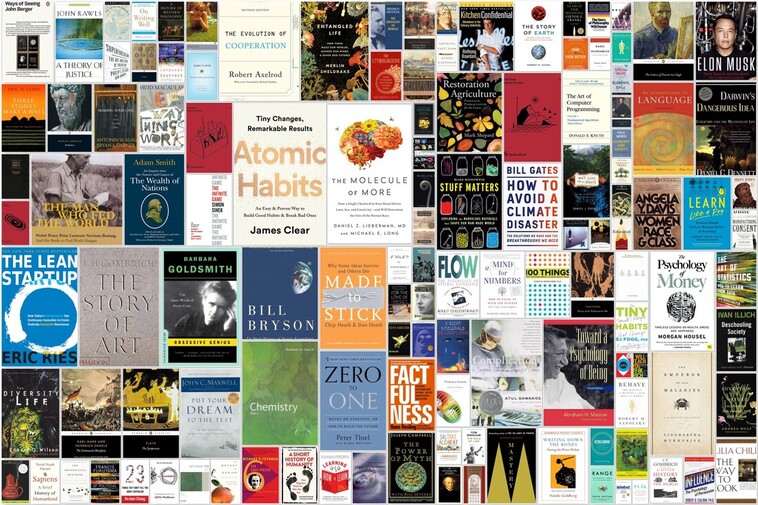
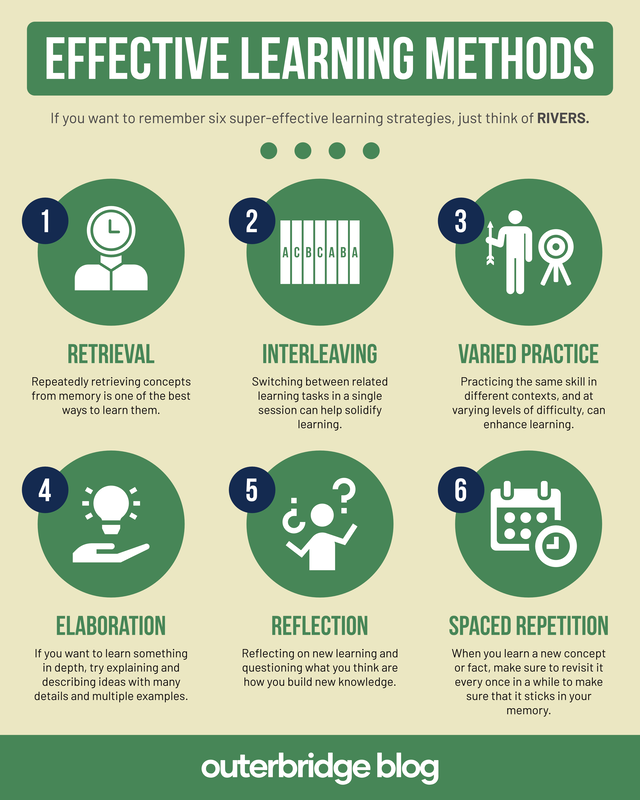


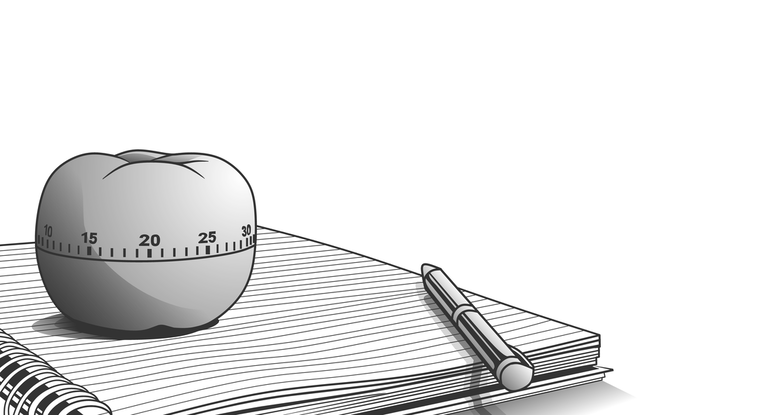
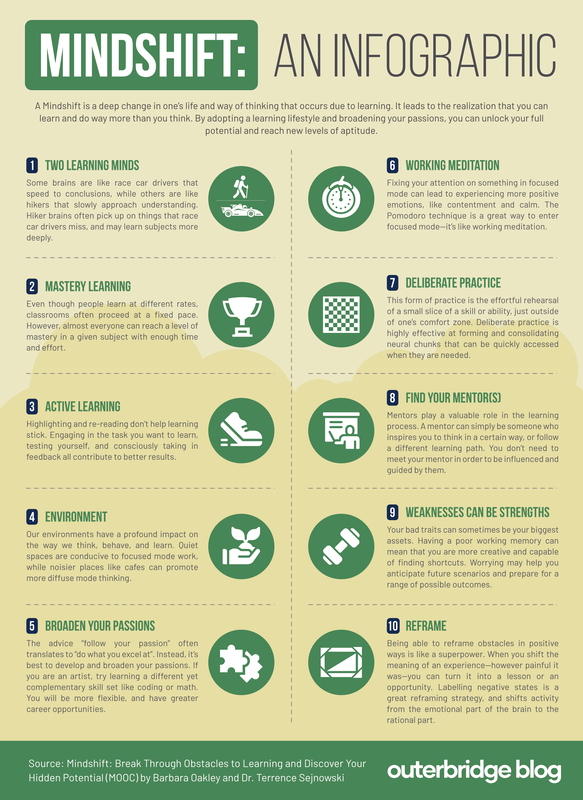
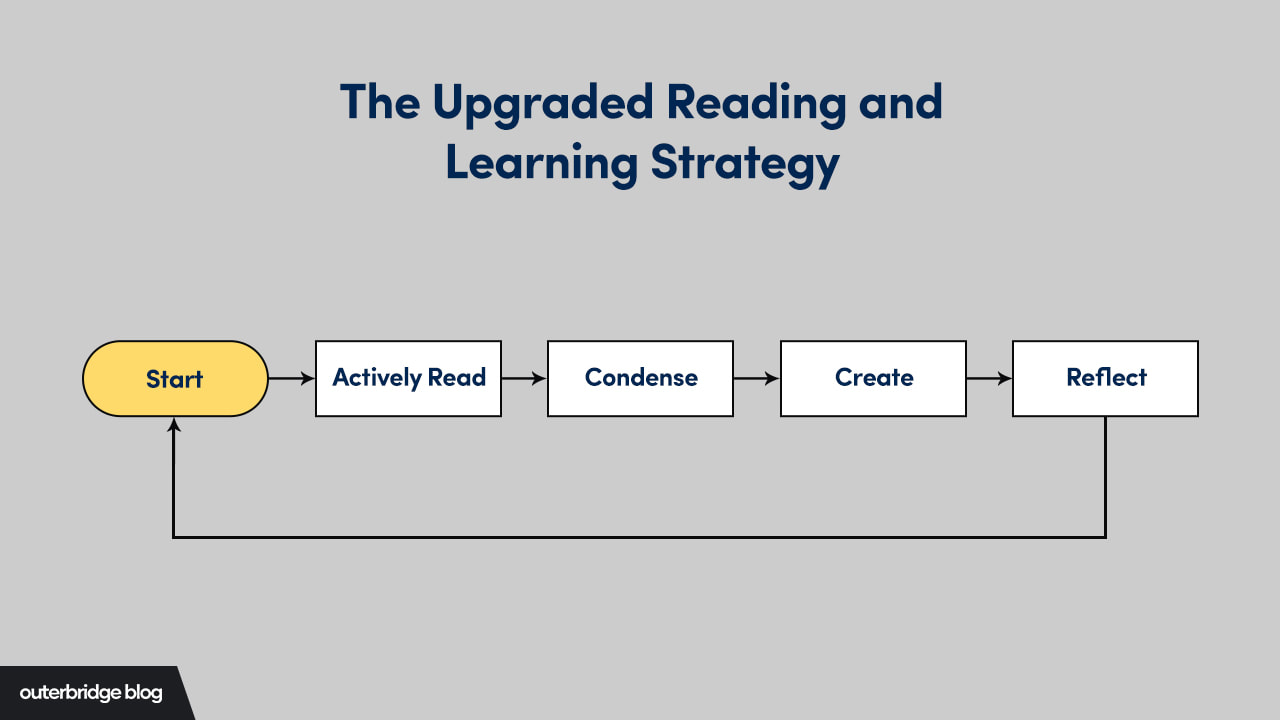
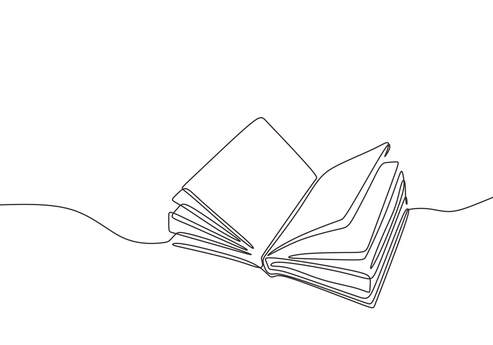
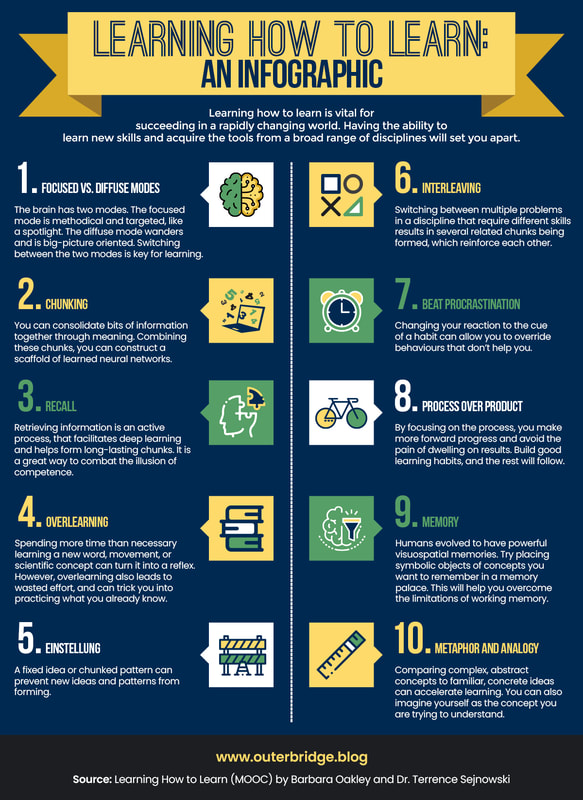

 RSS Feed
RSS Feed
